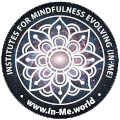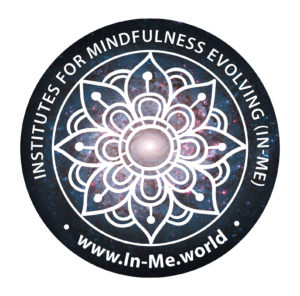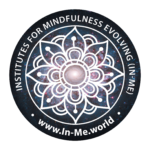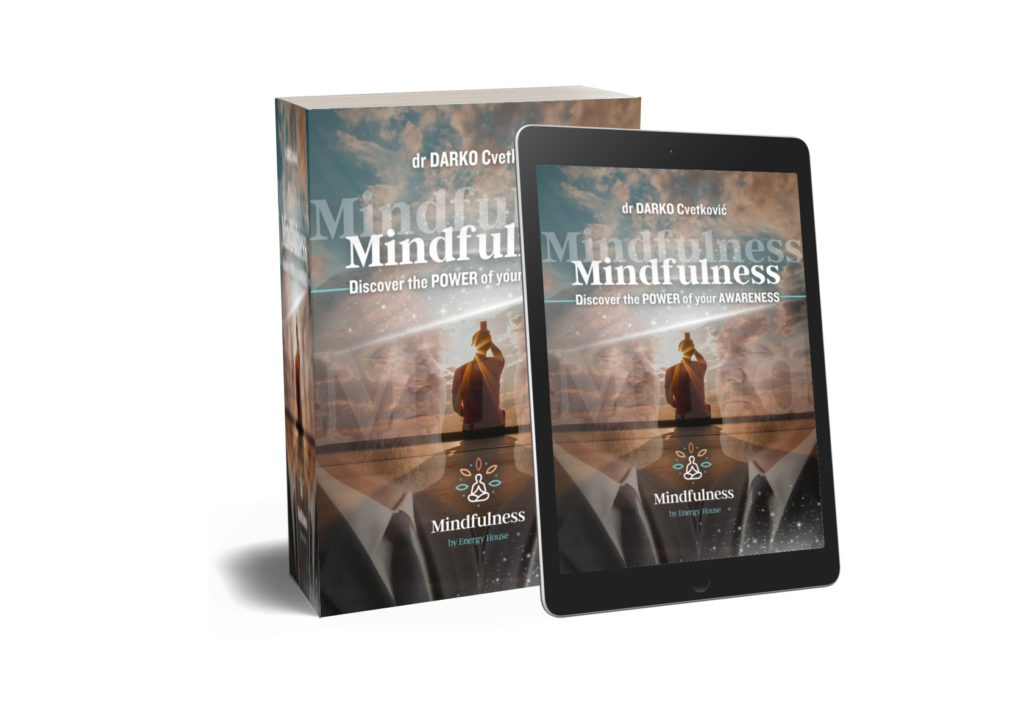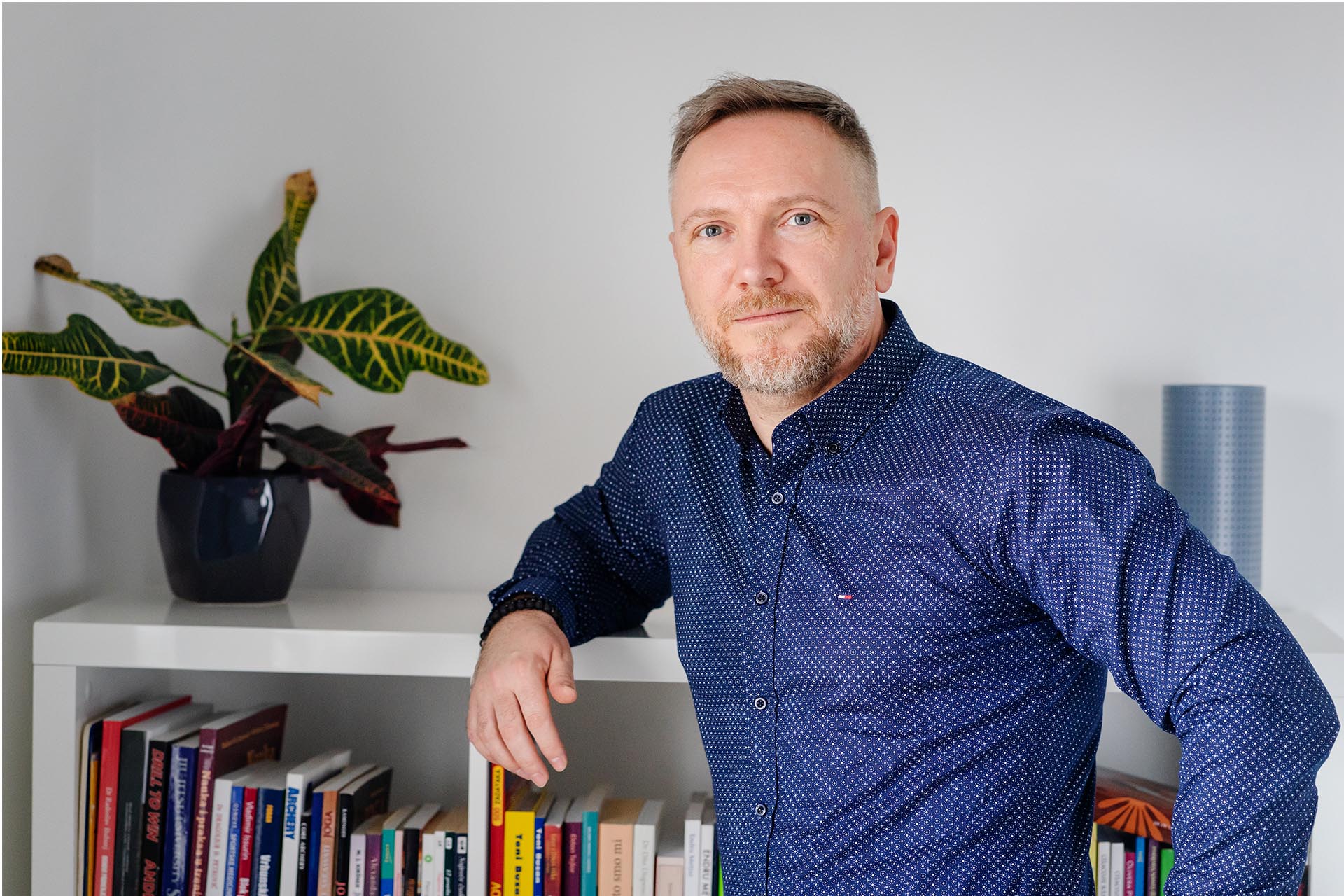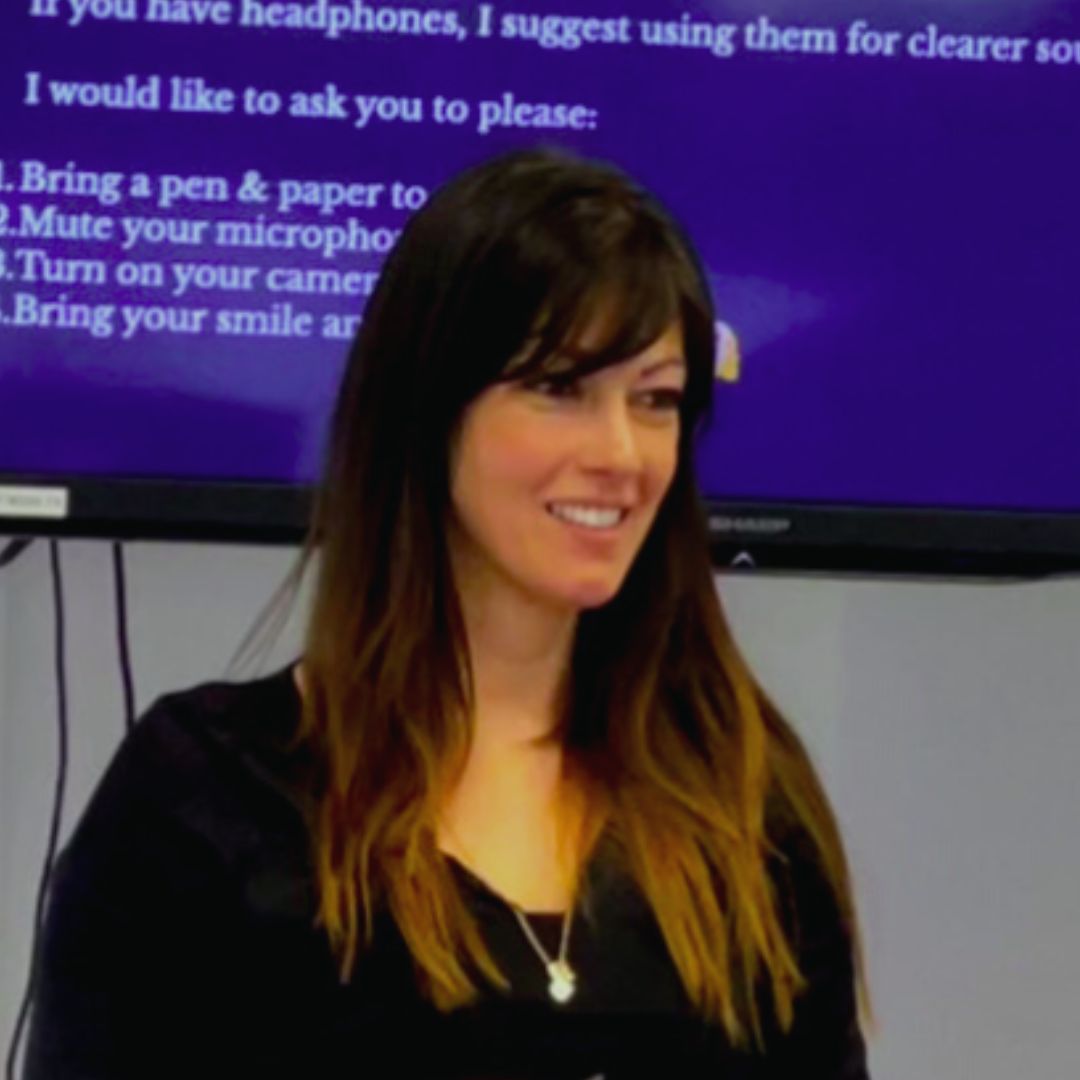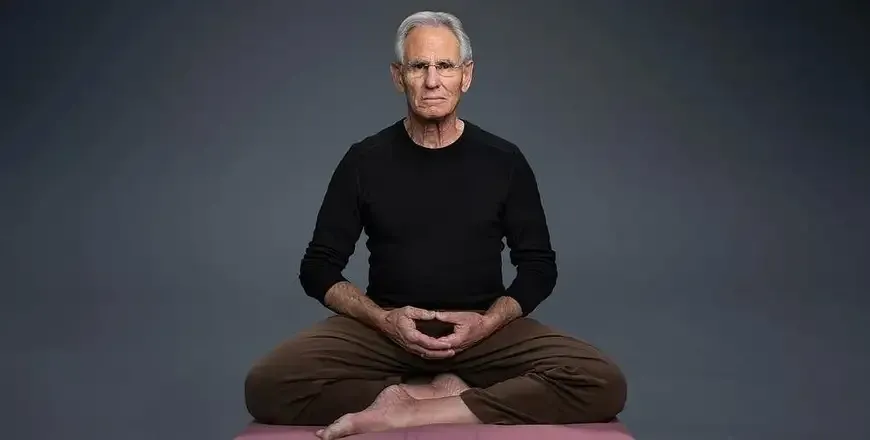“Mindfulness Intensive, In-Me”
In the 21st century, we live fast.
Very often we are unaware of our reactions, conversations and focus.
Sometimes when some important conversation is over happens that we say to ourselves
“Why didn’t I react differently?”
“How come i didn’t remember that then.”
We work a lot, busy with tasks; forget to have breakfast, drink water, “just one more email and just one more call”. And just in a moment it is already the end of working hours.
The point is awareness. We are not aware of the moment, ourselves, our reactions, our body and the triggers that upset us and put us in an awkward state. That is why Mindfulness has an increasing use in the world and is becoming an integral part in life of the most successful and busiest people and even of clinical practice for various more serious psychological conditions.
The good thing about Mindfulness is that the education does not last long, does not require a lot of dedicated time for learning, and has an effect because it is continuous education.
Breathing techniques, physical exercises, mindfulness meditation and NLP are studied within Mindfulness at the In-Me association for mindfulness from Berlin, which give instant excellent results.
Key advantages of the Mindfulness Intensive education, accredited by the In-Me Association:
What you will learn:
-Daily practice of sitting mindfulness meditation, body scanning and conscious physical activity
-Techniques for increasing acceptance, patience and non-judgmental observation
-Breathing exercises to calm the mind and body
-How to identify and what to do with automatic negative thoughts (ANTs)
-Conscious daily activities, such as conscious walking, drinking coffee or conscious eating
-Guided visualizations for deepening meditative states
-Setting goals to integrate mindfulness into your life
Mindfulness as practiced today is more a way of being than a specific meditation technique. It is used as a therapy for a wide range of conditions (both mental and physical) and as a general tool to improve the quality of life. It has been proven through neuroscience that, for example, when you exercise in the gym and you are aware of the movement you are performing, which means that you can exactly feel the muscle that you are activating, you have about 30% better performance.
To be aware, in the modern sense, is to be aware of yourself, your body, and your environment as they exist in the moment. Eastern religions are aware of the importance of the present, but the rational and scientific Western mindset is often uncomfortable accepting this idea. Mindfulness right here allows the Western skeptic to combine Western science with the benefits of Eastern self-awareness.
